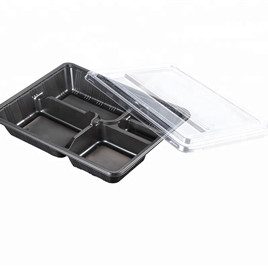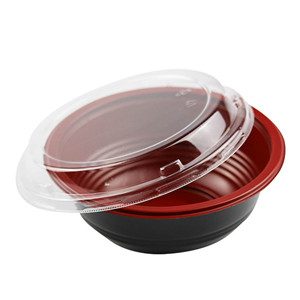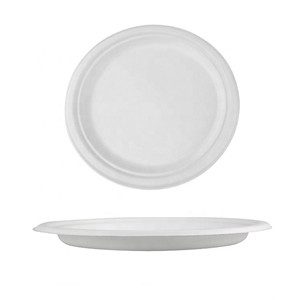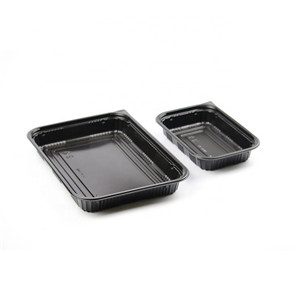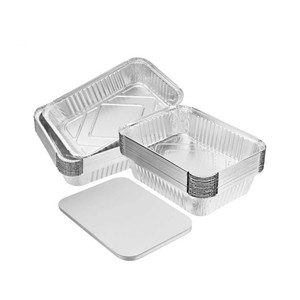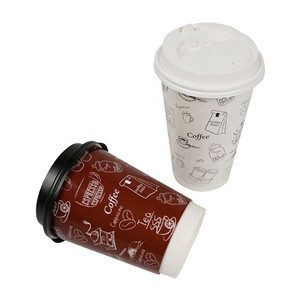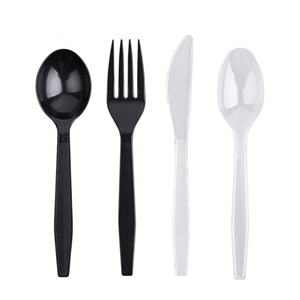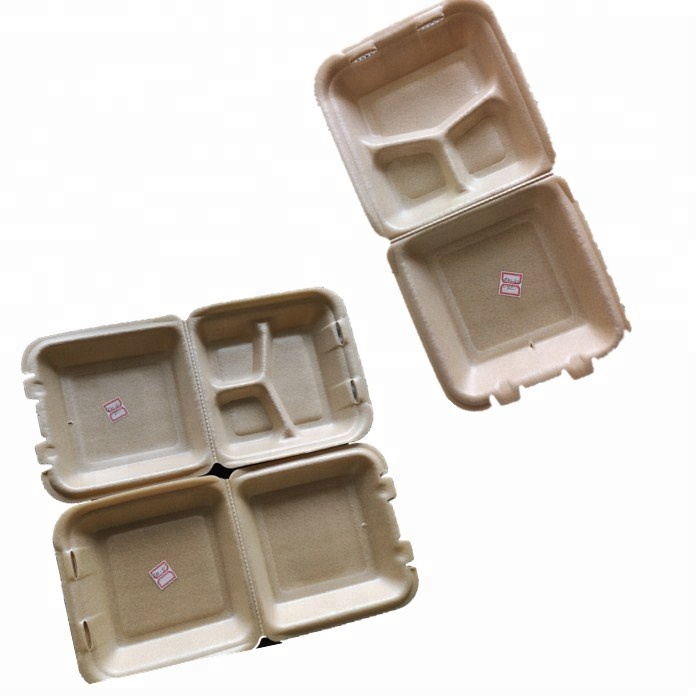Introduction: As the focus on sustainability intensifies, the food industry seeks alternatives to foam food containers that offer eco-friendly and practical packaging solutions. In this blog, we explore various sustainable food packaging alternatives, highlighting their benefits and potential for reducing environmental impact.
- Paper-Based Containers Paper-based food containers, such as those made from recycled paperboard or kraft paper, are excellent alternatives to foam. These containers are biodegradable and compostable, reducing the environmental impact when disposed of correctly. Moreover, advancements in material engineering have improved their insulating properties, making them suitable for hot and cold food items.
- Plant-Based Bioplastics Bioplastics derived from plant-based materials, such as cornstarch or sugarcane, are gaining popularity as sustainable food packaging alternatives. These bioplastics are biodegradable and have a lower carbon footprint compared to traditional plastics. Plant-based bioplastics can be molded into various container shapes, providing versatility for food packaging needs.
- Compostable PLA Containers Polylactic acid (PLA) containers, derived from cornstarch, are fully compostable alternatives to foam food containers. PLA containers break down naturally in composting facilities, reducing waste and contributing to a circular economy. They are heat-resistant and suitable for a wide range of food items, making them a practical choice for sustainable food packaging.
- Edible Food Packaging Innovations in food packaging have led to the development of edible food wrappers made from ingredients like rice, seaweed, or potato starch. These wrappers are not only biodegradable but also provide a unique and sustainable dining experience. Edible food packaging eliminates the need for disposal, reducing waste and promoting eco-friendly practices.
Conclusion: Various sustainable alternatives to foam food containers, such as paper-based containers, plant-based bioplastics, compostable PLA containers, and edible food packaging, offer practical and eco-friendly food packaging solutions. Embracing these alternatives supports the transition towards a more sustainable food industry, reducing environmental impact and promoting responsible packaging practices.


